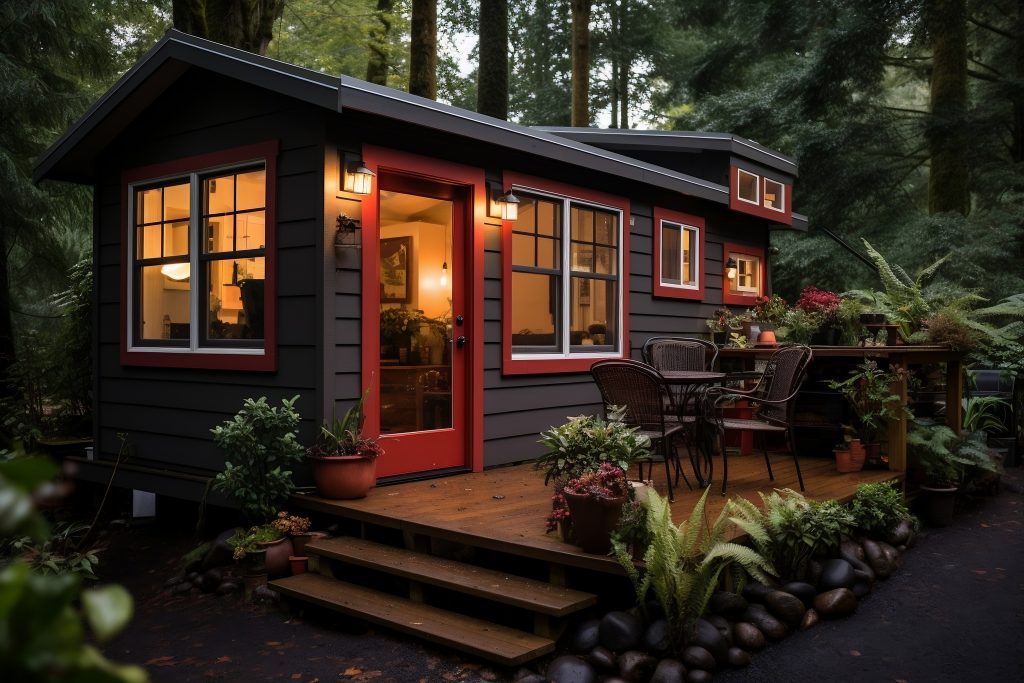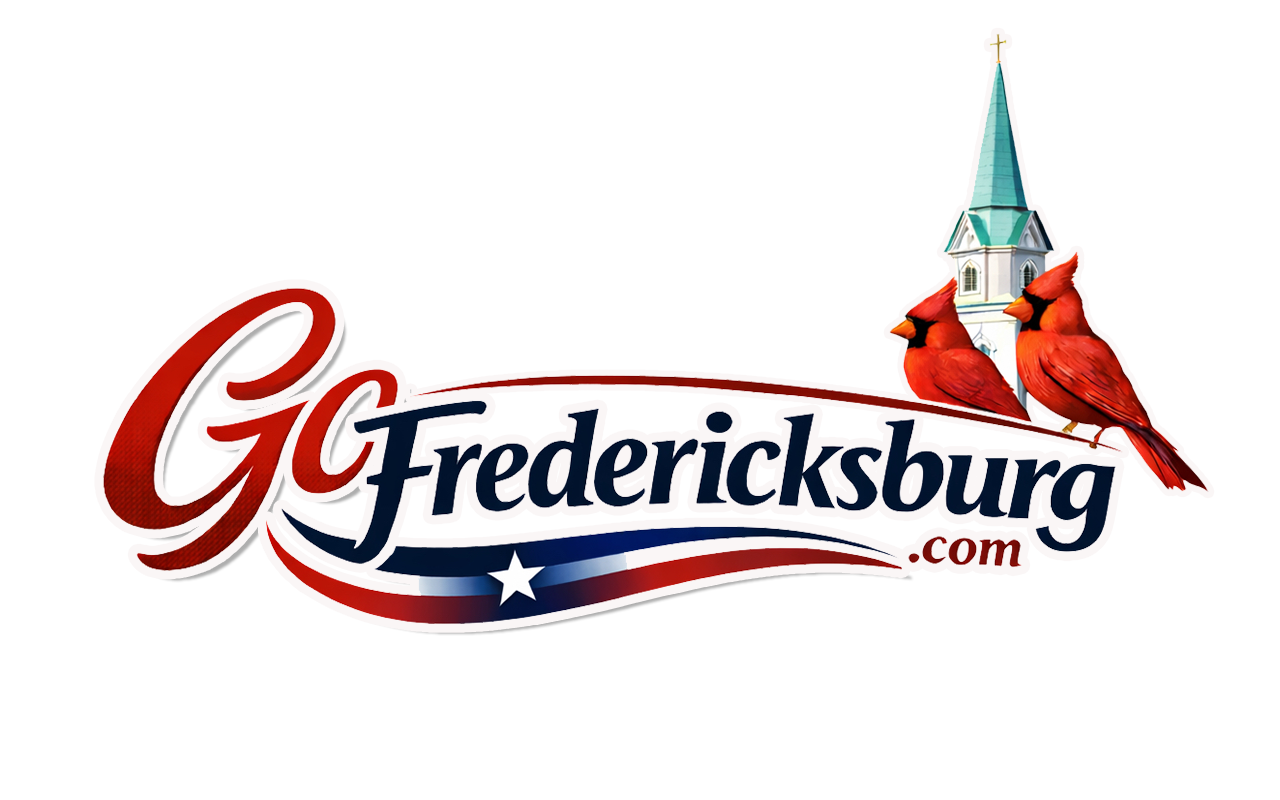
Tiny home, also known as ADU or little house
Fredericksburg City Council revisited their stance on allowing accessory dwelling units (ADUs) in certain residential areas on Tuesday night. Despite the earlier indication of approval in a July meeting, a tie 3-3 vote halted the adoption of the proposed ADU ordinance. Any new ordinance or changes need two successful reads before adoption.
While the first reading had passed narrowly, subsequent reservations from representatives Kerry Devine and Tim Duffy prevented the second approval. Notably, councilor Matt Kelly was absent during the discussion.
The Fredericksburg Neighborhood Coalition, a vocal opponent of the ordinance, campaigned with “Save our Single Family Homes” signs throughout the city. They expressed concerns that new ADUs could hurt property values and alter the city’s housing landscape, suggesting ADUs be limited to those established before the 1985 zoning changes. The planning department’s research indicates ADUs were a common feature before the 1980s, with 88 ADUs currently scattered across Fredericksburg.
Additionally, the Coalition argues for an ADU regulation ensuring property owner occupancy and ADU licensing. Their main concern is the potential for developers to convert single-family homes into rentals. Advocates for ADUs argue for their benefits such as accommodating multigenerational families and supporting an aging population.
Duffy’s earlier support for the ordinance, which he described as a “compromise,” only permitted certain ADUs and mandated owner occupancy in the main residence. The Coalition’s critique remained, specifically regarding the inclusion of limited liability corporations (LLCs) in ownership definitions and bypassing special use permits.
During the session, numerous residents aired concerns over the city’s rental conditions. Emphasizing landlord accountability, Jackie Emery discussed the deteriorating state of properties in some neighborhoods, drawing attention to out-of-state or LLC ownership.
Rupert Farley was the lone public voice in favor of ADUs, questioning the perceived “government overreach” opposition. The Institute for Justice, a nonprofit law firm, sent a letter endorsing ADUs, highlighting their potential benefits to property owners without neighborhood detriment.
Several council members vocalized their support, emphasizing the need for housing innovation and upholding property rights. Councilor Jon Gerlach, advocating for ADUs as an aging-in-place solution, clarified misunderstandings about LLCs and emphasized Virginia’s property rights orientation.
However, the meeting’s outcome displayed a clear divide on the issue, with many councilors acknowledging the passionate community feedback and emphasizing a need for further deliberation and consensus-building.

